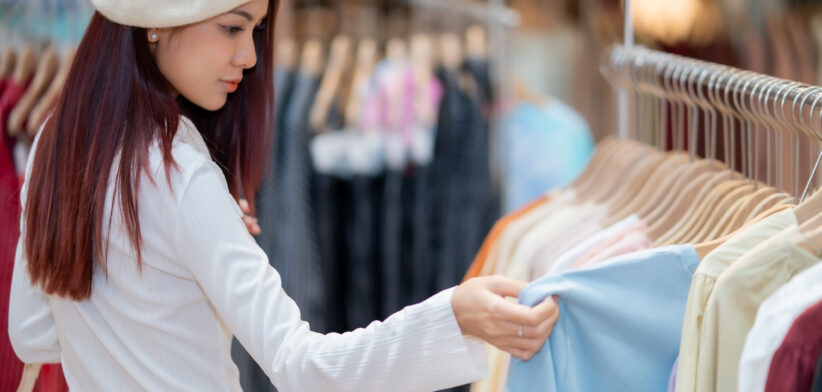Retail spending had one of its weakest growth periods on record at the start of 2024 as cash-strapped households further tightened their belts.
Spending on clothing, footwear and personal accessories fell 4.3 percent in March, coming off the Taylor Swift induced fashion frenzy in the previous month.
Australia Bureau of Statistics figures, released today, show seasonally-adjusted retail turnover fell 0.4 percent in March following rises of 0.2 percent in February and one percent in January.
ABS head of retail statistics Ben Dorber said the figures marked one of the weakest retail spending zones on record.
“Underlying retail turnover has been flat for the past six months and was up only 0.8 percent compared to March 2023,” he said.
“Outside of the pandemic period and introduction of the GST, this is the weakest growth on record when comparing turnover to the same time in the previous year.”
Turnover fell in all industries in March except for food retailing (up 0.9 percent), underlining the tightening of consumer spending.
“The largest falls were recorded in clothing, footwear and personal accessory retailing (down 4.3 percent) and department stores (down 1.6 percent),” the Bureau said.
“Both industries recorded large rises last month that have now been mostly cancelled out by these falls.
“The Taylor Swift-inspired boost in turnover for fashion and accessory retailers last month has proved to be temporary with an instant reversal this month.”
Mr Dorber said retailers were reporting that overall trading conditions remained challenging “with consumers being cautious in their discretionary spending”.
“Consumers continue to experience cost of living pressures with price rises in education, healthcare, housing and insurance,” Mr Dorber said.
“The (spending) falls in New South Wales and Victoria are larger than the rises last month when both states benefited from increased spending associated with the Taylor Swift concerts.”
Retail spending in Queensland was up 0.4 percent in March after a fall of 0.6 percent in February.
Full details are on the ABS website.
